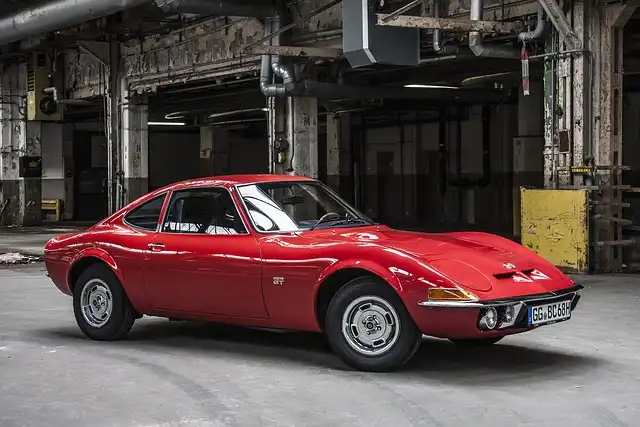Auto Chip Shortage: Geopolitics & EV Shifts Impact Car Production

A European auto chipmaker is at the center of a geopolitical conflict, disrupting car manufacturing. EV market shifts and semiconductor shortages impact major automakers like BYD and Volvo.
Additionally on my radar today: BYD earnings dove for the 2nd straight quarter, suggesting that the world’s largest EV maker might be in difficulty. Plus, Volvo intended to go completely electric by 2030, but now plans to sell gas-powered vehicles for much longer.
Semiconductor’s Impact on Industries
Tiny, level squares of silicon with maze-like patterns etched on their surface area are currently the backbone of virtually every significant industry. That suggests that trade obstacles and disturbances in semiconductor production can have causal sequences across the world. That’s specifically what’s occurring currently, as a significant European automobile chipmaker has actually located itself in the center of a geopolitical firestorm between China and the West, which could overthrow cars and truck manufacturing.
Nexperia’s Role in Auto Chip Supply
Nexperia makes standard semiconductors that a number of car manufacturers still rely on, like those made use of for windshield wipers or home window devices, although carmakers are increasingly relocating in the direction of much more powerful chips amid the shift to EVs and even more state-of-the-art models.
In September, the Netherlands supposedly took control of the firm over national safety and security issues, worried that its Chinese parent was planning to move proprietary modern technology to one more business it had.
Geopolitical Concerns and Chip Control
The Motor & Devices Manufacturers Organization (MEMA), the largest car distributor organization in the U.S., warned last week that American automobile manufacturing facilities were only a few weeks away from “considerable impacts” to manufacturing.
ZF products most major car manufacturers, including Mercedes-Benz, Stellantis and Ford Motor Co
Volvo’s Electric Vehicle Strategy Shift
In 2021, Volvo appeared swinging with an ambitious strategy to go all-electric by 2030. The years between after that and now have really felt like a lifetime, with moving EV demand and frequently changing policies.
And it’s not easy for BYD to offset shed domestic sales in its overseas markets either. The car manufacturer is constructing a cars and truck manufacturing facility in Hungary to avoid Europe’s tariffs, yet is now planning to run the plant at minimized capability for the very first number of years.
BYD’s Earnings and Overseas Expansion
The vehicle semiconductor industry is highly globalized and interdependent. A single chip may be developed in Germany, produced in Taiwan, packaged in China and set up in an auto built in the U.S. One misstep at any of these steps means an assembly line on a different continent may get delayed. For you, that could suggest fewer choices at the car dealership and delayed launches.
. The Alliance For Automotive Development, which stands for significant U.S. automakers consisting of General Motors, Toyota and Ford, has actually prompted the Dutch business to return to shipments.
The automaker is additionally preparing to make an extended-range electrical lorry (EREV) in the United State EREVs have a backup gas generator, which can recharge the battery on the go. But only the electric motors drive the batteries and wheels can be linked into chargers like normal EVs.
The Partnership For Automotive Technology, which represents significant United state automakers including General Motors, Toyota and Ford, has actually prompted the Dutch firm to return to shipments.
Small, flat squares of silicon with maze-like patterns etched on their surface area are currently the foundation of rather much every major market. That means that trade barriers and disruptions in semiconductor manufacturing can have ripple impacts throughout the globe. That’s exactly what’s happening now, as a major European automotive chipmaker has located itself in the middle of a geopolitical firestorm between China and the West, which might upend auto production.
Its profits dropped by almost 33% year-over-year and sales were down for the first time since 2020, dropping 1.8% to 1.15 million cars contrasted to the very same duration last year. At the same time, Geely, Leapmotor and Changan Automobile are ordering a bigger share of this market, suggesting how the Chinese EV market remains to swiftly advance.
“We need a second generation of plug-in crossbreeds that will certainly last us up until completion of the 2030s,” Samuelsson informed Automotive News Europe, including that it was essential to allow consumers choose when they prepare to go all electrical. “We can not determine that.”
1 auto chips2 BYD
3 Car Manufacturing
4 EV market
5 semiconductors
6 unique Volvo concept
« Tesla Cybertruck Lightbar Recall: Delamination IssueLongbow’s Electric Speedster: Lightweight British Sports Car »
